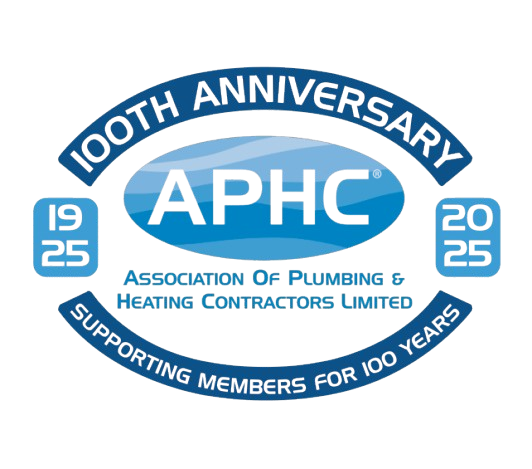Everyone has the right to expect a safe place to work and safe place to return home to without risk to their health. After all, in the modern day we have all the legislation to ensure this is the case, why then, we ask, are so many workers still exposed to Asbestos which can lead to serious disease and in the most unfortunate cases fatality.
Graham O’Mahony, UKATA Chair, offers guidance on the importance of receiving asbestos training.
If you are employed, then it is your employer’s responsibility to ensure that you have a safe place to work by way of risk assessments and method statements. If you are self-employed then this duty passes to you to ensure that you are working safely for yourself and others who may be affected by your work.
Asbestos is a natural mineral added to many building materials until it was banned in the UK at the end of 1999.
However, a great deal of asbestos containing materials (ACMs) remain in buildings across the country today and could be in many of the areas that you carry out work, including but not limited to toilet cisterns, boxing around pipes, insulation, textured coatings on ceilings, floor tiles, water tanks, in sealants and silicone, old boiler units, lagging on pipework and so on.
There are around 5000 asbestos-related deaths each year in the UK, more than the number of people killed on our roads, and people who work in the trades are most at risk from exposure to asbestos. Asbestos kills an estimated 20 tradespeople every week, including plumbers, electricians and joiners, making it the single biggest cause of work-related deaths in the UK.
As exposure to asbestos fibres does not cause an immediate fatality but rather over time as the exposures build up, there can be a tendency to carry out work thinking that you are safe. It is not until many years later, typically anywhere between 15 to 60 years, that diagnosis occurs.
Asbestos in ACMs itself is not a problem so long as the product is in good condition, not releasing any fibres and is adequately managed. In non-domestic buildings this is carried out by way of surveys to identify asbestos, its condition and its whereabouts. Following this, the duty holder responsible will develop a management plan to ensure that the asbestos remains in good condition, poses no threat and to ensure that work carried out does not disturb it. In domestic settings, apart from communal areas, the duty holder will usually fall to the employer to ensure that the property is safe. In communal areas the management company or local authority will be responsible.
With all that has been put into place, some would say it should not be possible to be exposed to asbestos during the normal working day, but there are many reasons why this is not the case and whilst legislation and a moral duty of care are present, all too often these are overlooked to ‘get the job done’.
Therefore, training is both a legal requirement and an essential part of delivering a safe project, irrespective of the size or time span. Every operative working in an environment that may contain ACMs must, by law, receive asbestos awareness training as a minimum, from a competent source prior to works commencing. This training should provide general information about the history of asbestos, the risk to health, the products made, their uses and a basic understanding of the legislation and its requirements. It is vital to stress that no work on asbestos that will intentionally disturb the fibres can be carried out with just this asbestos awareness training.
Where work with ACMs is to be undertaken within plumbing and heating activities a further level of training must be undertaken by all the operatives involved and work must be thoroughly planned to ensure compliance. This training is referred to as non-licensable work with asbestos training and covers low risk tasks such as drilling holes in ACMs, removing WC cisterns, gaskets and flue pipes as examples.
Any high-risk materials must be removed by a HSE licensed contractor and the area declared safe ahead of completing your tasks.
Other asbestos related training such as management training can also be undertaken to understand the role of the employer or premises duty holder.
Getting the right category and standard of training is vital to any organisation or individual.
UK Asbestos Training Association (UKATA) members are professional, fully qualified, audited and tested to ensure that the standards of knowledge and delivery are of the highest standards. It is widely recognised by industry as the leading authority in asbestos training.
UKATA are urging every tradesperson to ensure that they receive the correct level of training for the work that they undertake to keep themselves and others safe, not just at the work site but upon returning home, where asbestos could have been unknowingly disturbed could also be at risk of second-hand exposure to this dangerous substance.
UKATA freely shares knowledge and information both on our website and across social media, demonstrating that education remains the top priority.
To find a UKATA approved asbestos training provider near you, visit www.ukata.org.uk or for free advice, call the UKATA team on 01246 824437.


